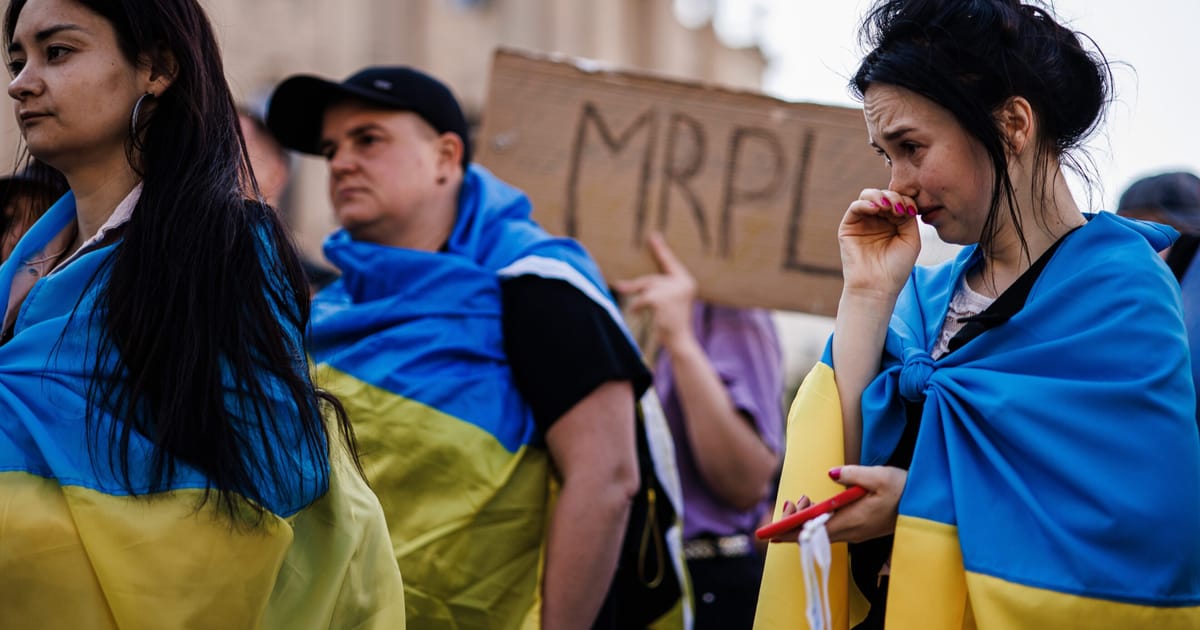

In a series of recent developments, the international community is witnessing heightened tensions and calls for peace across various regions. The United Kingdom has imposed sanctions on several Russian spies linked to military activities in Ukraine, signaling a firm stance against what it views as aggressive actions. Meanwhile, the Middle East faces renewed conflict as key religious figures make unprecedented visits to Gaza, while violence flares in Syria. As these situations unfold, diplomatic efforts persist, aiming to quell ongoing hostilities and foster dialogue.
The UK government has moved to freeze assets and ban travel for individuals identified as Russian intelligence operatives connected to operations in Mariupol. These sanctions highlight the UK’s ongoing commitment to holding accountable those involved in the escalation of conflict in Ukraine. While specific details of these individuals remain undisclosed, the measures form part of broader international efforts to discourage activities perceived as threatening to global peace and security.
Turning to the Middle East, Israeli airstrikes on Gaza have drawn international scrutiny and prompted significant diplomatic responses. A recent Israeli strike on the Holy Family Church, the only Catholic church in Gaza, has led to tragic loss of life and injuries, including to a prominent Catholic priest. In the aftermath, the Catholic Latin Patriarch of Jerusalem, Pierbattista Pizzaballa, along with Greek Orthodox Patriarch Theophilos III, made a rare visit to the site amid calls for accountability and prevention of further violence.
During this visit, the patriarchs expressed solidarity with the local Christian community and reinforced the need for immediate actions to avert similar incidents. Their presence and calls for peace reflect an urgent need for reconciliation in the region, with international figures like Pope Francis urging dialogue and de-escalation. The visit underscores the church’s stance on prioritizing humanitarian aid and peaceful resolutions to ongoing conflicts.
Simultaneously, in Syria, the city of Sweida finds itself at the center of renewed clashes. An Israeli airstrike on Sweida coincided with tensions between Bedouin tribes and Druze fighters. These clashes, described as retaliatory acts following a strategic withdrawal of Syrian government forces, mark another layer of complexity in an already fragile region. Syrian leadership has condemned external attacks, emphasizing a commitment to protecting the Druze community and seeking stability.
Throughout these crises, diplomatic channels remain active, with international leaders and organizations striving to mediate solutions. The confluence of religious, political, and territorial issues presents complex challenges that require careful navigation and sustained diplomatic engagement. In all, the pursuit of peace and stability continues to be the guiding principle for nations and organizations involved, emphasizing dialogue and cooperation as viable pathways forward.
Source: {link}
